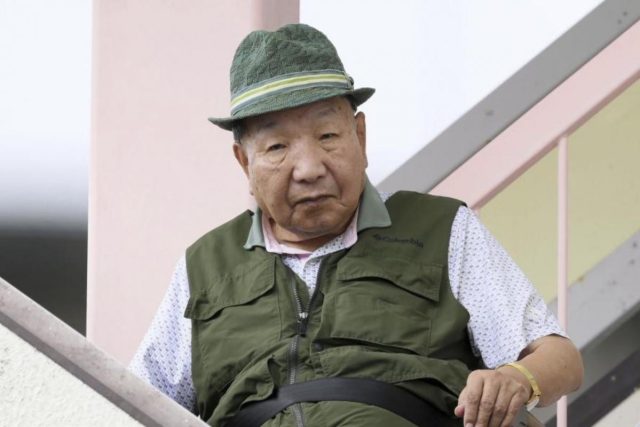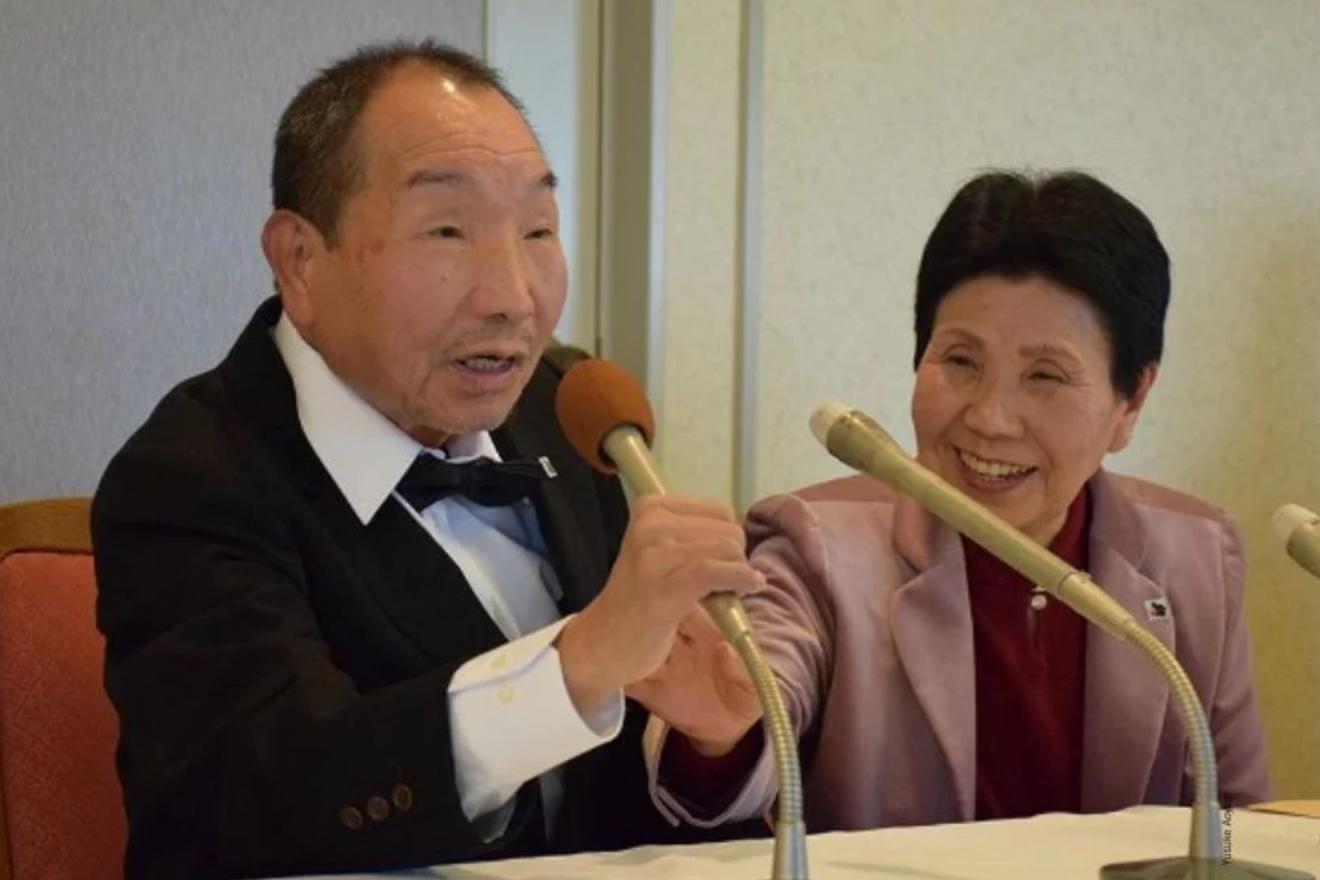the story of Iwao Hakamada’s life deserves a movie. The accused, imprisoned, sentenced to death and now freed 58 years of captivity It never proves the guilt of a person who denies the crime.
in One of the most high-profile cases in recent years in JapanHere capital punishment was restored in 1873, There are still many questions to be addressedMany left it to the guesswork or interpretation of the jury that will issue the final and passing sentence this week. Iwao is a free manSeveral Japanese justice ministers over the years refused to sign his death warrant.
What did he accuse?
This is the year 1966 When Iwao, just from 32 yearsA grain farm work and is He was accused of killing the family that had given him a job, the couple and their two childrenAlong with burning down the house. Hakamada always maintained his innocence until 23 days after the murder (the maximum allowed by Japanese law). He signed a guilty plea; As he always said, under pressure from the police A trial full of blows and threats And in this he can count on no advocate or witness.
Hakamada at home
Two years later, He was sentenced to death in 1968Based on the blood evidence found at the crime scene. Hakamada admits to being in the barn, but, he says, “that’s what it’s for Help a couple bleed to death in a bathtub While the house was burning.” The judges, at the time, were candid with the former boxer and despite the many odds. They found him guilty and sent him straight to death..
Years of imprisonment and mental illness
Even after spending all these years in prison.. Iwao always had financial support and visits from his sister HidekoThe visits were spaced out over several years due to Hakamada’s refusal to see how his physical and mental health had deteriorated behind bars. On the other hand, both Amnesty International such as Japan Pro Boxing Association He has shown his support for the former boxer with several documentaries.
Iwao and her sister Hideko
Her sister Hideko continued to fight when Iwao lost her strength, and after refusing to reopen the case in 1993, she Shizuoka court in 2014 He admitted it and The investigation continuedUntil the end Hakamada had long been independent After finding himself in a “lack of conclusive evidence” and in a delicate state of healthMost of the time disorienting and delusional.








